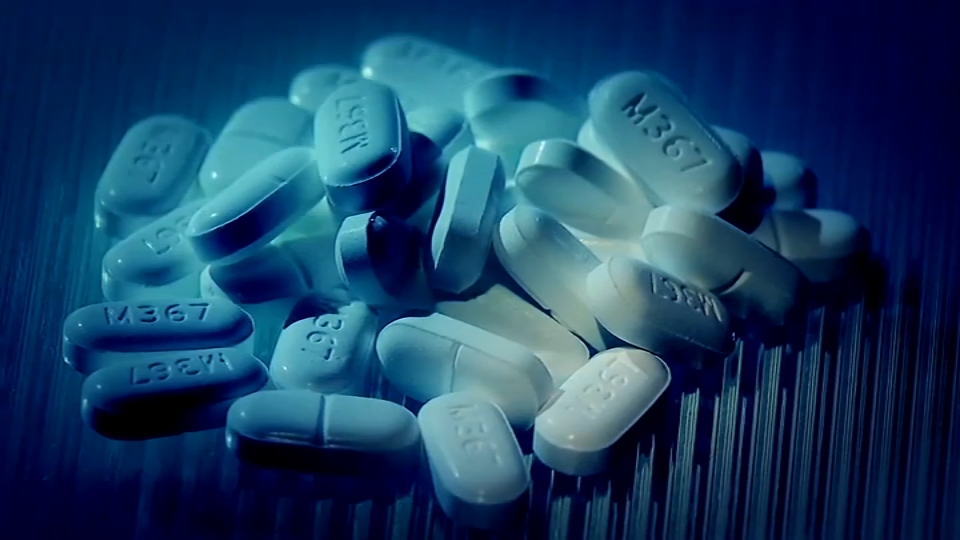After losing ground in reversing fatal overdoses during the COVID-19 pandemic, state leaders in Vermont are now redoubling their efforts — including by strengthening prevention and recovery measures.
"Tragically, we and the rest of the country have seen an increase in loss of life," Gov. Phil Scott, R-Vermont, acknowledged Thursday. "Keeping Vermonters from being addicted in the first place is the most effective way to save lives."
Nearly $9 million in new state money will boost community-based prevention efforts and recovery programs, the Scott administration announced. The funding increase is part of a broader $66 million spend on addressing substance use disorders.
Dr. Mark Levine, the commissioner of the Vermont Department of Health, emphasized the state had been making progress on slowing deaths — largely by lowering barriers to accessing treatment.
Get New England news, weather forecasts and entertainment stories to your inbox. Sign up for NECN newsletters.
"Tragically, COVID-19 quickly reversed those trends, as many faced isolation, anxiety, and other changes to their support systems," Levine said.
According to the most recent public report, a record 215 fatal overdoses were recorded last year in the small state. That is a nearly 35% increase from 2020, Levine noted — mostly due to fentanyl.
More on the opioid crisis
Levine added that distribution of fentanyl test strips and the overdose reversal medication naloxone are aimed at saving lives. Additionally, he praised prescribers' work to cut by more than half the number of prescriptions written for powerful opioid painkillers.
The health commissioner also pointed to the website VThelplink.org as a statewide public resource to help Vermonters navigate the treatment and recovery system in a confidential, nonjudgmental way.
"Something that I didn't hear today was robust access to mental health services," said Democrat Brenda Siegel, who is challenging Gov. Scott in November.
Siegel told NECN and NBC10 Boston she would more aggressively emphasize harm reduction — including by establishing overdose prevention sites. Those are places where users could inject under supervision, while also receiving other services.
Such sites have stepped in to help during hundreds of potentially deadly overdoses in New York City, Siegel said.
"It is essential that we keep folks alive until the point they can access services," the candidate for governor argued. "This is an issue of human lives."
Siegel, who lost both her brother and her nephew to overdoses, said as she travels the state, she hears from families touched by substance use disorders who demand bolder policies.
However, the incumbent governor is far from convinced those consumption sites are practical or a good fit for Vermont.
"Are we going to take money out of prevention or treatment or recovery for injection sites at this point in time, when it's unproven?" Scott asked rhetorically, before noting that enforcement is the "fourth leg of the stool" to intercede and get deadly substances off the streets.
The governor went on to say, "We'll keep an open mind, but I don't think it's now," referring to the time for supervised consumption centers.
While policy debates continue, the Scott administration said the nearly $9 million in state funding increase will pay for education campaigns, youth engagement, statewide prevention coalitions, treatment and recovery beds, rate increases for preferred providers, funding increases for recovery centers, and a pilot program for boosting employment for people in recovery, among other efforts.



